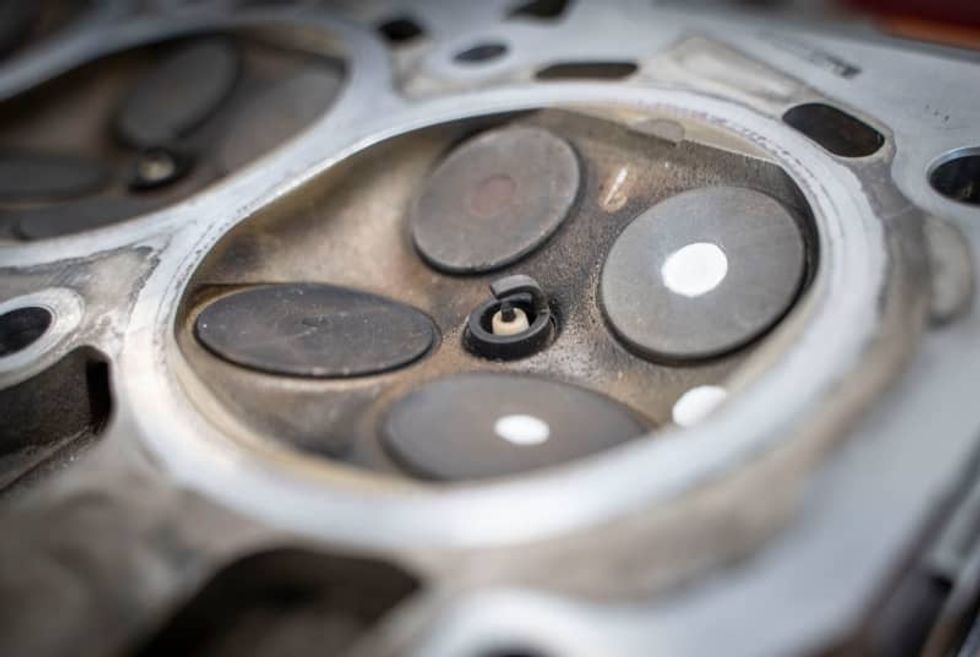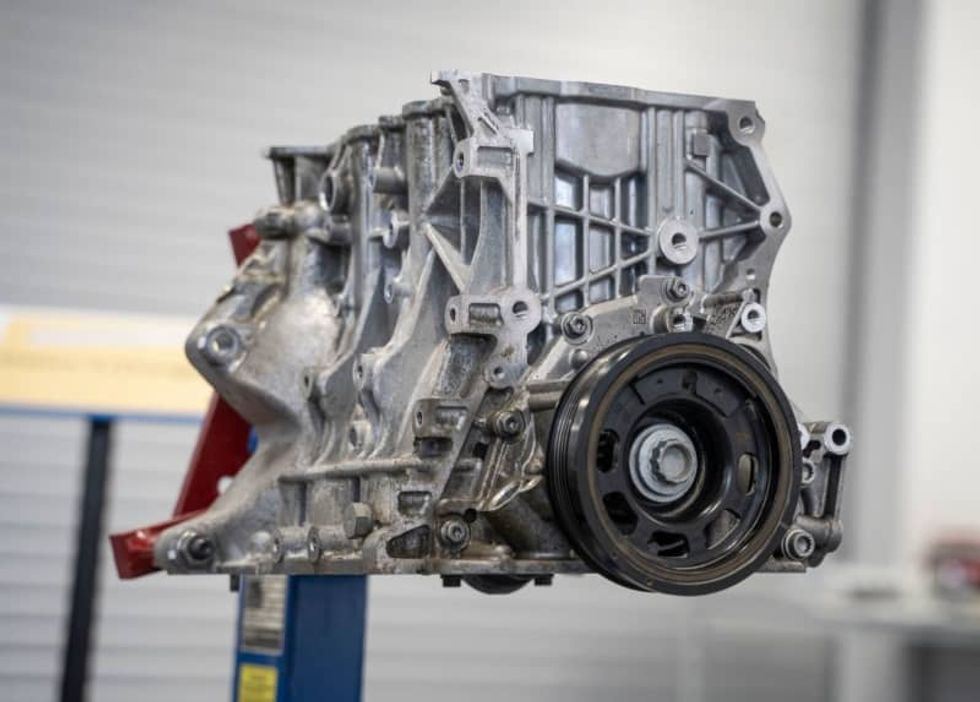

No new vehicles with combustion engines are to be sold in the European Union from 2035 after negotiators from the European Parliament and the 27 EU member states clinched a deal, the Czech EU presidency said on Thursday.
The agreement is part of the EU's drive toward zero-emission mobility could lead to the end of combustion-engine powered cars and vans in the bloc. The decision is to be reviewed again in 2026.
The sale ban is part of the EU's climate change package dubbed Fit for 55, aiming to reduce climate-damaging emissions by 55% by 2030, when compared to 1990 levels, and reach climate neutrality by 2050.
The question of whether the sale of new combustion cars should be banned from 2035 had been the subject of prolonged dispute within the German government.
As per the agreement, the EU is to support the lowering of so-called fleet limits - specifications for manufacturers on how much CO2 their vehicles may emit during operation - for cars to zero by 2035, effectively meaning that no new cars with internal combustion engines could be sold in the bloc from 2035 onwards.
A prohibition on the sale of new combustion-engine powered vehicles marks a victory for the European Parliament which had pushed for a complete ban.
"This agreement will pave the way for the modern and competitive automotive industry in the EU. The world is changing, and we must remain at the forefront of innovation," Czech Minister of Industry and Trade Jozef Síkela said in an EU statement.
"I believe we can take advantage of this technological transition. The envisaged timeline also makes the goals achievable for car manufacturers," Síkela added.
EU member states on the other hand wanted all new cars sold in the bloc from 2035 to be climate neutral with combustion engines running on CO2-neutral synthetic fuels.
The question of whether the sale of new combustion cars should be prohibited from 2035 had been the subject of prolonged dispute within the German government.
The de-facto ban was a particularly thorny issue for Berlin, due to Germany's large car industry, and where one of the parties in its three-way coalition government - the liberal Free Democrats (FDP) - had stated its opposition to the move.
During the summer the EU member states had been locked into a protracted row over the ban.
EU environmental ministers eventually agreed all new cars sold in the bloc should be carbon neutral from 2035.
The aim was to leave a door open to potentially sell new combustion engine vehicles running on CO2-neutral synthetic fuels even after 2035. This could also apply to passenger cars and light commercial vehicles.
Negotiators representing the European Parliament and the 27 EU member states then entered into talks to reach an agreement on the legislation.
EU member states must now adopt the regulation into national law.
There is currently no plans for a driving ban of combustion-engine powered vehicles. A prohibition on sales is designed to make petrol and diesel vehicles more rare and to be replaced with electric vehicles.
Germany's Association of the Automotive Industry (VDA) criticized the European Union decision, calling it "negligent."
"It is negligent to set goals for the period after 2030 without being able to make appropriate adjustments based on current developments," VDA president Hildegard Müller said in a statement.
As examples, she named the expansion of battery-charging infrastructure, imminent dependency on raw materials and whether sufficient renewable energies can be generated.
"The EU must now immediately go on the offensive with the framework conditions," Müller said.
In addition, the industry executive spoke out in favour of the existing fleet of combustion engines being able to be operated in a climate-neutral manner. Synthetic fuels would also be needed for this, she said.





